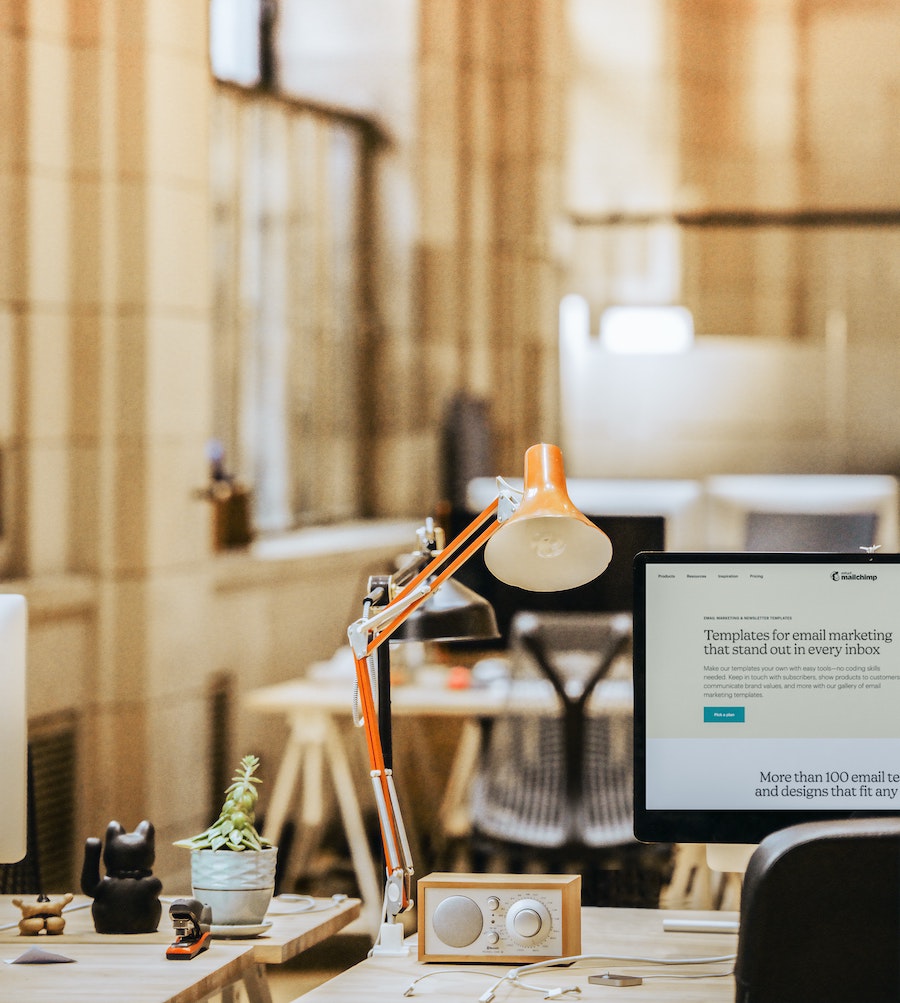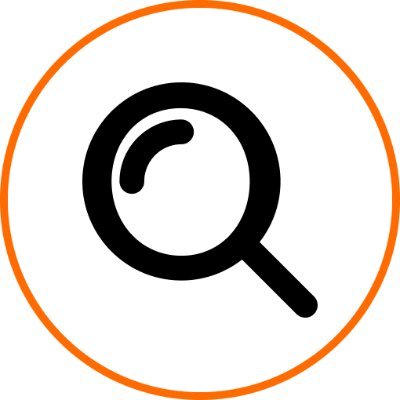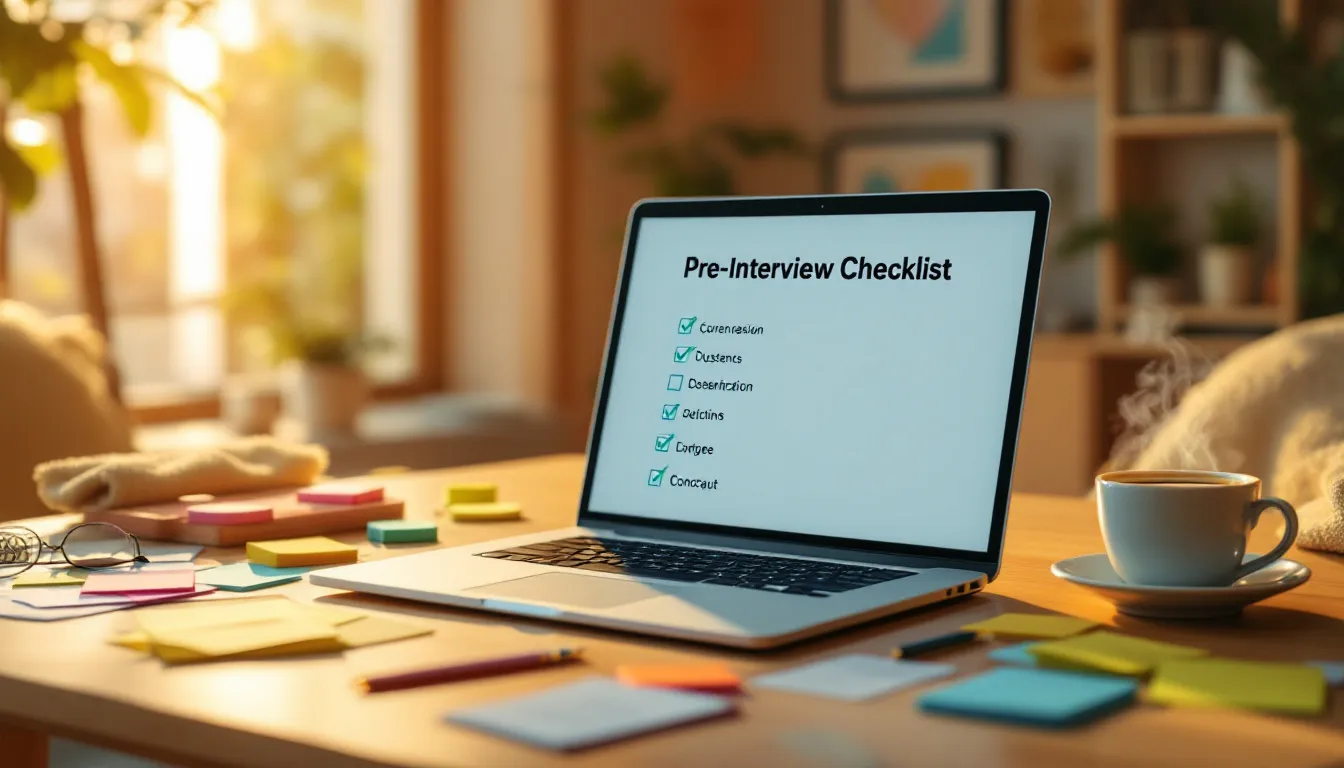Table of Contents
Want great podcast interviews? Here's exactly what you need to do before hitting record:
| Step | What to Do | Why It Matters |
|---|---|---|
| 1. Research Guest | Check LinkedIn, social media, past interviews | Know their background |
| 2. Test Equipment | Check mic, software, internet, backup recorder | Avoid tech issues |
| 3. Build Questions | Create 20+ targeted questions | Keep conversation flowing |
| 4. Quick Pre-Call | 5-10 min tech check with guest | Test audio, set expectations |
| 5. Organize Notes | Set up Evernote/Trello system | Quick access during interview |
| 6. Plan Structure | Map out show flow | Stay on track |
| 7. Set Up AI Tools | Input guest info into GuestLab/similar | Speed up prep work |
| 8. Sound Check | Test levels, room acoustics | Get clean audio |
| 9. Final Prep | Turn off notifications, get water | Avoid distractions |
| 10. Post-Show | Back up files, plan promotion | Protect your work |
Key Tools You'll Need:
| Category | Basic Option | Pro Option |
|---|---|---|
| Research | GuestLab (Free) | GuestLab ($500/mo) |
| Recording | Waveroom (Free) | Riverside.fm ($19/mo) |
| Editing | Audacity (Free) | Adobe Audition (CC sub) |
| Remote Calls | Zoom (Free) | Zencastr (Premium) |
Pro Tip: Don't send questions before the show - it kills spontaneity and makes answers sound rehearsed.
Related video from YouTube
How to Mix AI and Manual Research
AI helps with podcast prep - but you need to add your own touch. Here's how to do both:
Using AI for Research
Here's what AI tools like GuestLab can do:
| Task | What AI Does | Time Saved |
|---|---|---|
| Guest Research | Scans LinkedIn profiles and 5M+ episodes | 2-3 hours |
| Question Generation | Creates targeted interview questions | 1-2 hours |
| Content Analysis | Summarizes past interviews and key topics | 1-2 hours |
Tools like NotebookLM scan your documents and give you quick summaries. As Dr. Luke Hobson from MIT says:
"It's not about replacing us, but augmenting our abilities, helping us work smarter."
Adding Personal Touch
Here's how to combine AI help with your own work:
| AI Does | You Do |
|---|---|
| Grabs background info | Add context to questions |
| Suggests topics | Find surprising angles |
| Summarizes content | Build personal connections |
| Analyzes data | Create follow-up questions |
Alex Birkett puts it this way:
"AI-powered podcasting tools are slowly becoming a necessity for podcasters and marketers that want to communicate with their audiences in a more personal way."
Here's what to do:
- Give AI basic guest info
- Pick the best AI suggestions
- Add your research
- Make questions sound natural
Keep everything in one spot using Evernote or Trello. That way, you'll have both AI findings and your notes ready during the interview.
sbb-itb-53f9eb2
10 Steps to Follow
Here's how to nail your podcast interviews:
1. Research Your Guest
Look up everything about your guest. Here's what matters most:
| Platform | What to Check | Why It Helps |
|---|---|---|
| Job history, posts | Know their work | |
| Social media | Latest updates | Fresh topics |
| Past podcasts | How they talk | Match their style |
| Personal blog | Their writing | See what they know |
2. Test Your Gear
Do these checks before going live:
| What to Check | How to Check | When to Check |
|---|---|---|
| Mic | Test sound | 30 mins before |
| Software | Update it | 1 hour before |
| Backup recorder | Check battery | 2 hours before |
| Internet | Speed test | 15 mins before |
3. Build Your Questions
GuestLab helps you create:
- 10 topic ideas
- 20 specific questions
- Deep guest research
4. Quick Guest Chat
Jump on a 5-10 minute call to:
- Set up tech
- Go over format
- Handle questions
- Test audio
5. Keep Everything
Stay organized with this system:
| What | Tool | Why |
|---|---|---|
| Notes | Evernote | Quick lookup |
| Questions | GuestLab PDF | Stay on track |
| Guest info | Excel | Keep contacts |
| Tech setup | Checklist | Ready to go |
6. Plan Your Flow
Here's your show structure:
| Part | Time | What Happens |
|---|---|---|
| Intro | 2-3 min | Who they are |
| Main chat | 20-30 min | Big topics |
| End | 5 min | Next steps |
7. Set Up AI
- Add LinkedIn info
- Write prompts
- Make talking points
- Save research
8. Sound Check
- Test room sound
- Position mic
- Set levels
- Check backup
9. Last Steps
- Turn off alerts
- Get water
- Load questions
- Open software
10. Wrap Up
- Thank your guest
- Back up files
- Plan social media
- Set release date
"It's so nice talking to you when you know so much about our podcast. We've spoken to so many people who know nothing about what we do. It's clear they haven't listened to our show before speaking with us." - Serena Louth, Kitchen Club podcast
"Finding the right guest is a mix of researching people with something to say, and people who can tell their story well." - Sam Datta Paulin
Pro tip: Don't send questions before the show. Here's why, from Lower Street's Sam Datta-Paulin: "Sending your podcast questions in advance could lead your guest to answer disingenuously. If they have had a lot of time to prepare fully baked answers before you sit down to record, often you will lose that element of spontaneity."
Tips That Work
Getting the Most from AI
Here's what AI can (and can't) do for your podcast:
| AI Task | Tool | What It Does |
|---|---|---|
| Guest Research | GuestLab | Pulls LinkedIn data, makes 20 questions |
| Voice Work | LaunchPod | Makes scripts, helps with tone |
| Show Notes | NotebookLM | Creates summaries from uploads |
| Sound Edit | Descript | Lets you edit audio like text |
AI works best when you use it to:
- Find fresh angles your guest hasn't covered
- Build smarter questions from past interviews
- Get quick guest background details
- Speed up audio fixes
Keeping It Human
Here's the REAL way to mix AI with podcasting:
| Do This | Not This |
|---|---|
| Use AI for research | Let AI write your questions |
| Check guest facts | Copy AI text word-for-word |
| Get topic ideas | Follow AI scripts exactly |
| Fix sound problems | Use AI voices for hosting |
"AI can help you do the work. It can't do the work for you." - Justin Burr, Google Spokesperson
Make AI work FOR you:
| Step | Why It Works |
|---|---|
| Check AI facts | Stops wrong info |
| Mix AI + manual research | Gets deeper insights |
| Keep your voice | Sounds more real |
| Test AI suggestions | Finds what fits |
"Even if AI podcast tools prove to be sticky and engaging summaries of information for the general public, which remains to be seen, synthetic voices will never fully mimic the parasocial connections developed by human podcasters." - Justin Burr, Google Spokesperson
What these tools cost:
| Tool | Cost |
|---|---|
| GuestLab | Free to $500/mo |
| Alitu | $38/mo |
| ChatGPT | Free or $20/mo |
| Wondercraft | Free to $109/mo |
Helpful Tools
Let's look at the tools you'll need to start podcasting. I've broken them down by category and price point.
AI Research Tools
Here's what works right now:
| Tool | What It Does | Price |
|---|---|---|
| GuestLab | Makes intros and questions from LinkedIn | Free to $500/mo |
| ClickUp | Plans content, tracks tasks | Free to $12/mo |
| Otter | Auto-transcribes interviews | Free to $20/mo |
| Capsho | Turns episodes into 38 content pieces | $79/mo |
Recording Software
Want to record your show? Here are your best options:
| Software | Best For | Price | Key Features |
|---|---|---|---|
| Waveroom | Basic recording | Free | Up to 5 guests, local recording |
| Riverside.fm | Pro podcasting | $19/mo | 4K video, 8 guests max |
| Descript | Text editing | $15/mo | AI tools, show notes |
| StreamYard | Live shows | $25/mo | Up to 10 guests, graphics |
Need to edit your audio? These editors get the job done:
| Editor | Price | Works On |
|---|---|---|
| Audacity | Free | Mac, PC, Linux |
| GarageBand | Free | Mac only |
| Adobe Audition | CC sub | Mac, PC |
| Hindenburg | $12/mo | Mac, PC |
For interviewing guests remotely:
| Tool | Best Feature | Price |
|---|---|---|
| Zoom | Easy to use | Free tier |
| Zencastr | Browser-based | Free tier |
| Skype | Wide reach | Free |
Here's the thing about podcast tools: More features DON'T always mean better results. Start with free options like Audacity or Waveroom. You can always upgrade later when you need specific features.



